How To Recognize And React To Reverse Sneezing In Pet Dogs

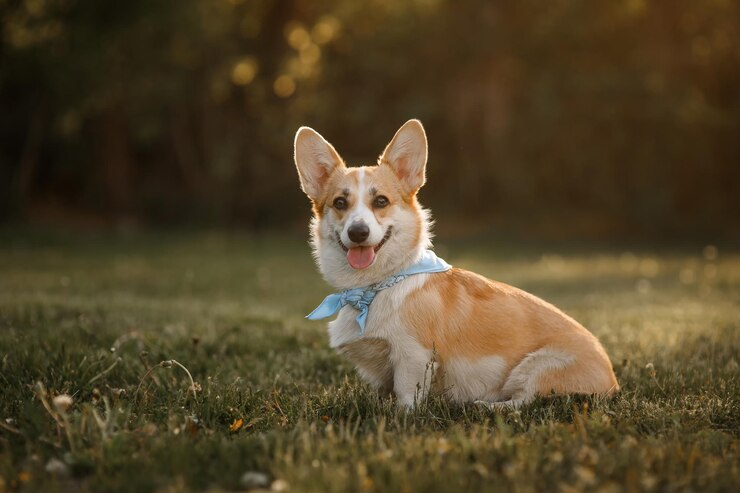
If you’re a dog parent, you’ve probably experienced that moment of panic when your furry friend suddenly starts making strange snorting noises. It can be pretty alarming, right? Well, chances are, your pup might be experiencing something called reverse sneezing. Don’t worry, it’s not as scary as it sounds! In this article, we’ll dive into reverse sneezing, how to recognize it, and most importantly, how to react when it happens. Lets begin.
What is Reverse Sneezing?
This condition refers to a behavior where a dog rapidly inhales through its nose. So unlike regular sneezing where the air is being exhaled, this action happens in reverse. These episodes usually last anywhere from 10 to 30 seconds, which may make them seem even worse.
But even though they are usually not a cause for major concern, they can still sometimes point to an underlying medical condition. That is why this article will focus on explaining how to recognize if your dog is suffering from this condition, as well as try to explain how to react in case your pooch is experiencing it.
Why do dogs sneeze like this
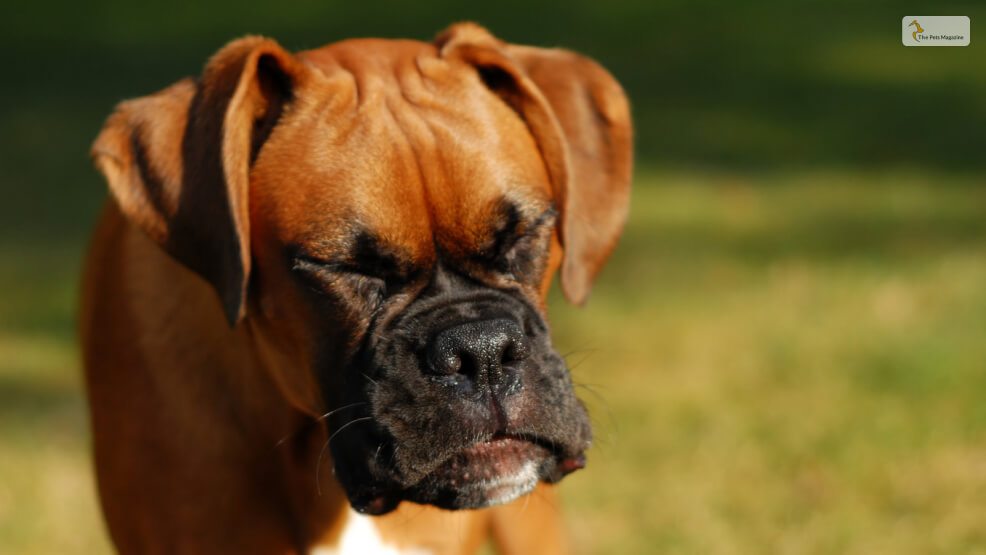
Numerous different factors can contribute to this type of sneezing. In most common cases, the main culprits behind such a reaction are small, usually airborne particles that trigger a reaction when they come into contact with nose or throat mucosa. By irritating the mucosa, these particles are causing your dog to try and expel these irritants from their throats or nasal passages.
Some of the most common triggers include – but are not limited to – dust, pollen, aerosol particles, and other airborne irritants, as well as foreign objects, excessive excitement, and even drinking and eating – especially if the dog does it rather quickly. So if you notice that your dog is having such an episode, and you’re becoming increasingly worried, you can always ask a local veterinarian for help. Contact a Milwaukie Oregon vet near you to ensure your pet receives proper attention immediately.
Aside from these, remember that some dog breeds are naturally more prone to experiencing these issues than others. For instance, brachycephalic species are known to commonly experience such episodes, due to the anatomy of their muzzles.
Associated conditions
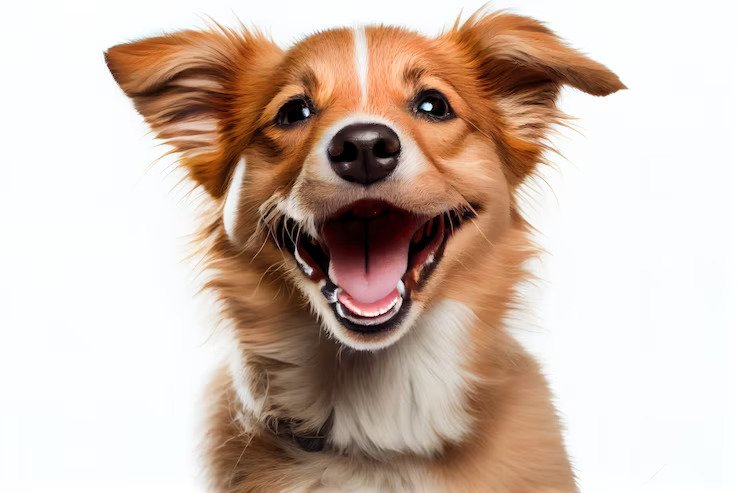
As mentioned earlier, this type of behavior in dogs is not always a reason for major concern. However, sometimes it can point to underlying issues you may not even know.
Here are just some of them:
1. Upper Respiratory Infections:
Dogs who experience persistent sneezing episodes may be suffering from upper respiratory infections. These can be triggered by viruses, bacteria, or a simple cold. However, they are usually followed by watery eyes and a “honking” cough, so they are quite easy to spot. Although not life-threatening on their own, upper respiratory infection can easily progress rather quickly which is why any responsible pet owner should contact a vet as soon as possible.
2. Heart Disease:
Heart disease in dogs often causes fluid accumulation in the lungs, making breathing difficult. So any dog owner that notices that their pooch is struggling to catch a breath and/or is having cough or sneezing episodes during even the slightest physical activity should contact a veterinarian immediately. Even though this condition is usually incurable, it can easily be managed with proper medication to help your dog lead a more or less normal life.
3. Asthma:
Dog asthma is another common issue that’s closely related to this type of pooch behavior. Dog asthma is more commonly called “allergic bronchitis,” which can cause chronic lung irritation due to various airborne allergens. Dogs that suffer from this condition often cough, wheeze, and show signs of labored breathing. So if your dog is displaying any of these symptoms, consult a veterinarian who can help you.
4. Brachycephalic Syndrome:
As mentioned earlier, brachycephalic breeds, such as bulldogs and pugs, are more prone to reverse sneezing due to their anatomical features. Since these breeds have naturally restricted airways, they’re experiencing more challenges when breathing. So keep this in mind if you own a brachycephalic breed and avoid insisting on prolonged or demanding physical activity, to avoid making your dog unnecessarily uncomfortable.
How to deal with reverse sneezing
Since we’ve already established that reversed sneezing can be caused by many things, it’s only natural that treatments will also vary depending on a case-by-case basis. Generally speaking, pet owners need not immediately contact a veterinarian when their dog sneezes or does something a bit off.
But if you notice that they start experiencing these or similar issues regularly, especially after performing certain activities, consult with your vet for the best solution. They will check your pup thoroughly and provide a customized treatment plan.
What Are the Specific Treatments for Reverse Sneezing in Dogs?
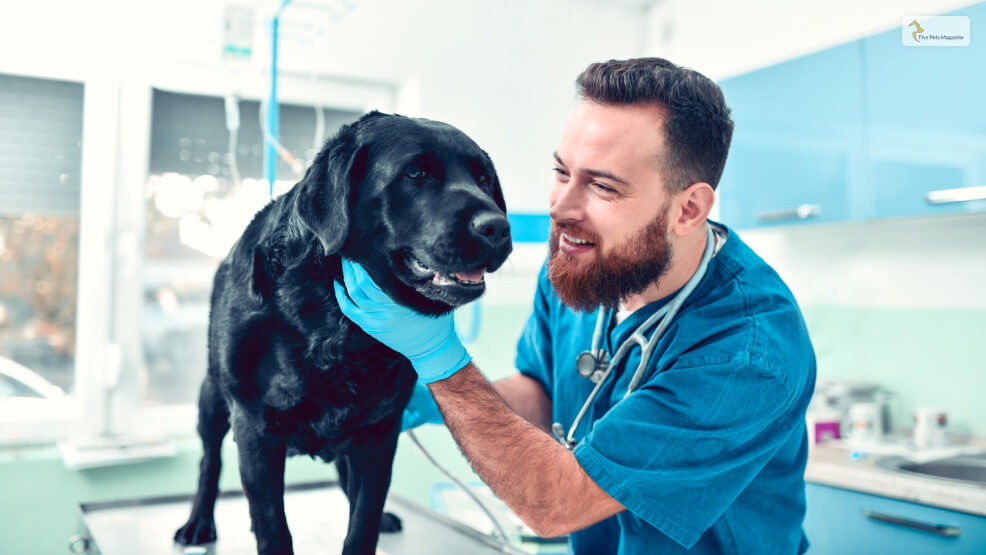
Reverse sneezing in dogs can be a bit unsettling, but there are several ways to help your furry friend during an episode:
- Gently Massaging the Throat: Lightly massaging your dog’s neck can help calm them down and stop the spasm.
- Covering the Nostrils: Briefly covering your dog’s nostrils can make them swallow, which helps clear any irritants.
- Offering Water or Food: Giving your dog water or a small treat can help clear irritants from their throat.
- Medication: If the episodes are frequent or severe, a vet might prescribe antihistamines for allergies or corticosteroids to reduce inflammation.
- Surgery: In rare cases, surgery might be needed to correct anatomical issues, especially in breeds prone to respiratory problems.
Most of the time, reverse sneezing is harmless and resolves on its own. However, if your dog experiences frequent or prolonged episodes, it’s best to consult with a veterinarian to rule out any underlying issues.
How Can Pet Owners Differentiate Between Reverse Sneezing and Other Respiratory Issues in Dogs?
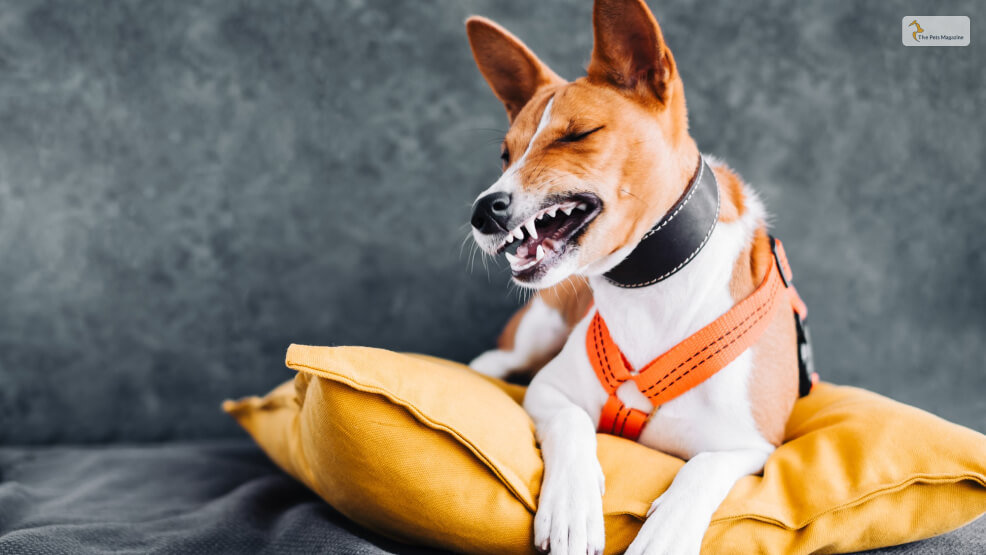
Differentiating between reverse sneezing and other respiratory issues in dogs can be challenging, but there are some key signs to look out for:
Features of Reverse Sneezing
- Sound: Dogs make a distinctive snorting or honking noise.
- Appearance: Dogs usually stand still with their neck extended and head tilted back.
- Duration: Episodes last from a few seconds to a minute and resolve on their own.
- Triggers: Often caused by irritants like dust, pollen, excitement, or pulling on the leash.
Features of Other Respiratory Issues
- Coughing: Persistent coughing could indicate conditions like kennel cough, tracheal collapse, or heart disease.
- Wheezing: Wheezing sounds may suggest asthma or other lower respiratory tract issues.
- Gagging Frequent gagging can be a sign of a throat or esophageal problem.
- Labored Breathing: Difficulty breathing, especially if accompanied by blue gums or tongue, requires immediate veterinary attention
When to See a Vet?
Frequent Episodes: If reverse sneezing happens more than twice a day or lasts longer than a minute.
Additional Symptoms: Presence of coughing, wheezing, or labored breathing.
Distress: If your dog seems distressed or the episodes are prolonged.
If you’re ever unsure, it’s always best to consult your veterinarian to rule out any serious conditions and get appropriate treatment.
Read Also:





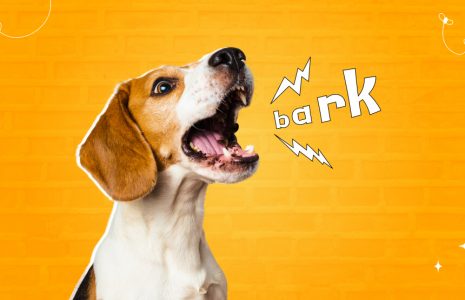
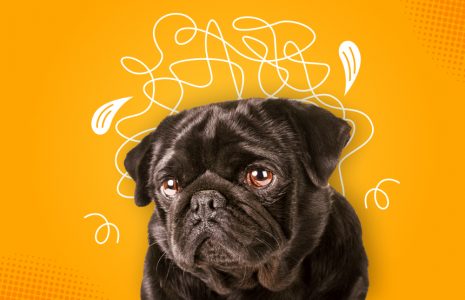
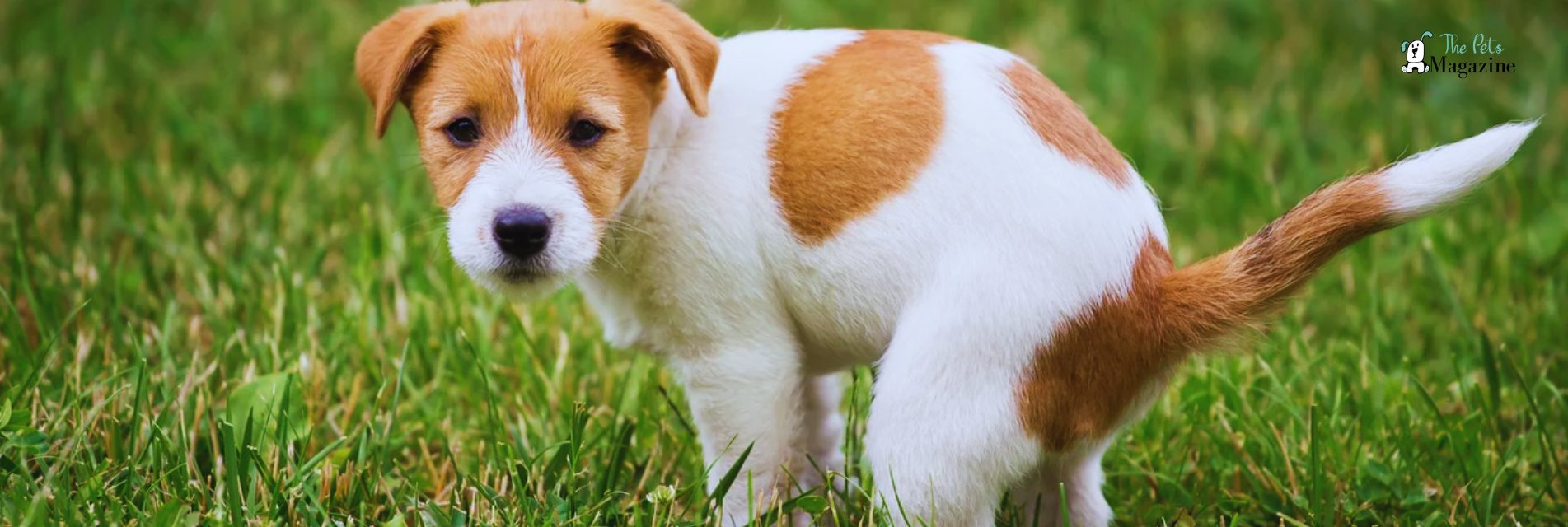
Leave A Comment